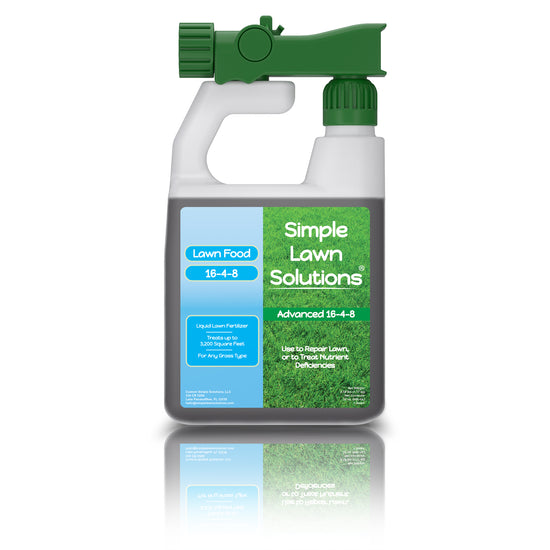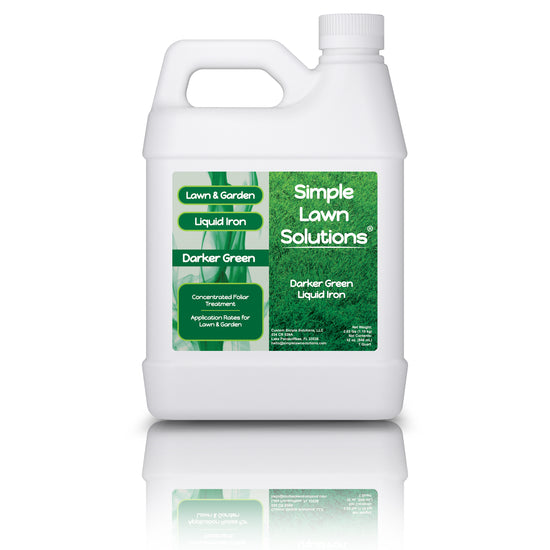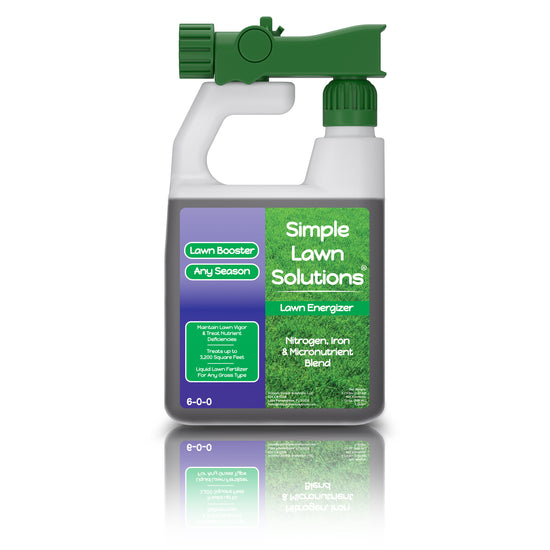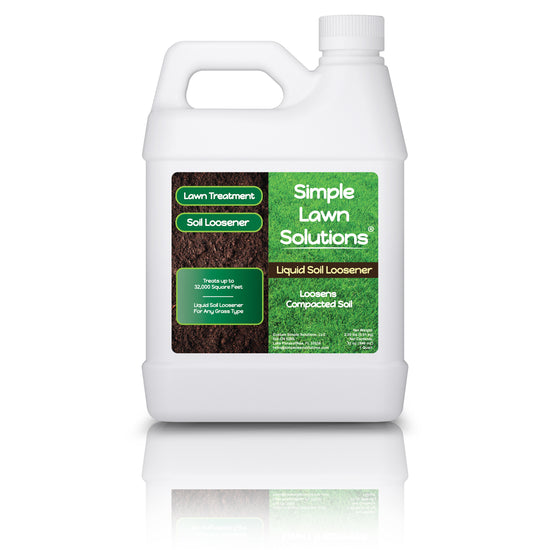Are you putting work into your garden and not seeing the results? Weak plants may be a sign of a deeper issue with imbalanced soil and garden nutrients. When it comes to helping you grow a healthy, luscious garden, we're digging deep and breaking out all of our gardening tips, starting with soil nutrients and why your garden needs nitrogen for optimal growth and function.
Whether you have stunted plants in your garden or can’t seem to get your grass green, we have you covered. Stay tuned to read more about our gardening tips from the ground up, starting with covering the basics of the importance of soil nutrients.
All About Garden Nutrients

When you think about the health of your garden, you may only be paying attention to the state of the plants themselves. You cannot have healthy, flourishing plants without healthy soil, even with all of the gardening tips in the world. Balanced garden nutrients are necessary for new plants to grow and existing plants to continue to thrive.
The three primary garden nutrients for all plant life, even grass, to thrive are nitrogen (N), phosphorus (P), and potassium (K). Each of these nutrients plays a vital part in the growth and development of plant life. Nitrogen creates food supply while phosphorus aids in energy production and transfer. Potassium aids in hydration through root uptake and water regulation.
Several other micronutrients, along with these macronutrients, also work to endorse healthy plant life by creating a well-mixed soil blend, setting the proper foundation for new seedlings and well-established plants. Next, let's talk about nitrogen and how finding a balance of this nutrient can be one of the most helpful gardening tips for your plants.
Necessary Garden Nutrients: Nitrogen
Nitrogen is the macronutrient used in the greatest proportion by plants. It is needed for plant life to grow and thrive, but can your garden flourish with a nitrogen deficiency? The answer is that plants cannot grow strong without nitrogen. Nitrogen is a necessary garden nutrient for chlorophyll production, which is how plants make their food to grow and flower.

Whether it's too much or too little, you can solve your soil's nitrogen imbalance. Keep reading to learn how you can test your soil for a precise analysis of macronutrient concentrations.
Testing for Soil Nutrient Deficiencies
Soil tests are an excellent way to find out more about your ground's nutrients and pH levels. These tests check for concentrations of crucial macronutrients. With the soil test results, you will have the necessary information to decide on a suitable soil fertilizer to balance the nutrients.
Check out a few of the benefits of soil testing:
- Increases productivity by identifying soil nutrients
- Identifies pollutants and contaminants
- Increases fertilizer use efficiency
- Environmental protection against over-fertilization

We recommend ordering a soil test to be conducted from a laboratory.
How to Spot a Nitrogen-Deficient Garden
In more severe nitrogen deficiencies, you won't need to conduct a soil test to know that there is an imbalance of garden nutrients. When you’re tending to your garden, take note of the state of each of your plants; you can use a notepad or take pictures as well. Remembering this gardening tip and keeping a close observant eye can be one of the best ways to spot signs of deterioration, allowing you to intervene and lend a helping hand to your plants quickly.
Here are just a few ways to spot nitrogen deficiency in your garden:
- Slowed or stunted plant growth
- Yellowing leaves (especially lower leaves)
- Blooms that quickly shrivel
A nitrogen-deficient soil will also affect the grass. If you noticed yellowing grass blades with poor density and stunted growth, nitrogen deficiency may be prevalent in your entire yard, not just your garden.
Soil Fertilizer Made Easy
Our favorite gardening tip is to make your care and maintenance as straightforward as possible, so it's easy to keep up with soil fertilizer as well as weeding, pruning, and other garden maintenance. You don't need to break out any heavy fertilizer spreaders or other equipment to apply our liquid fertilizers for your lawn and garden—all you need is your garden hose.

Our liquid formula is designed for fast application and even faster results, and that's just one reason why it's better than traditional granular fertilizers. Set up a garden maintenance schedule that includes fertilizer twice a year - once at the beginning of the season and then again before your plants enter their season of dormancy. A consistent fertilizer schedule will ensure that your garden nutrients stay balanced and ready to support strong, healthy plants.









